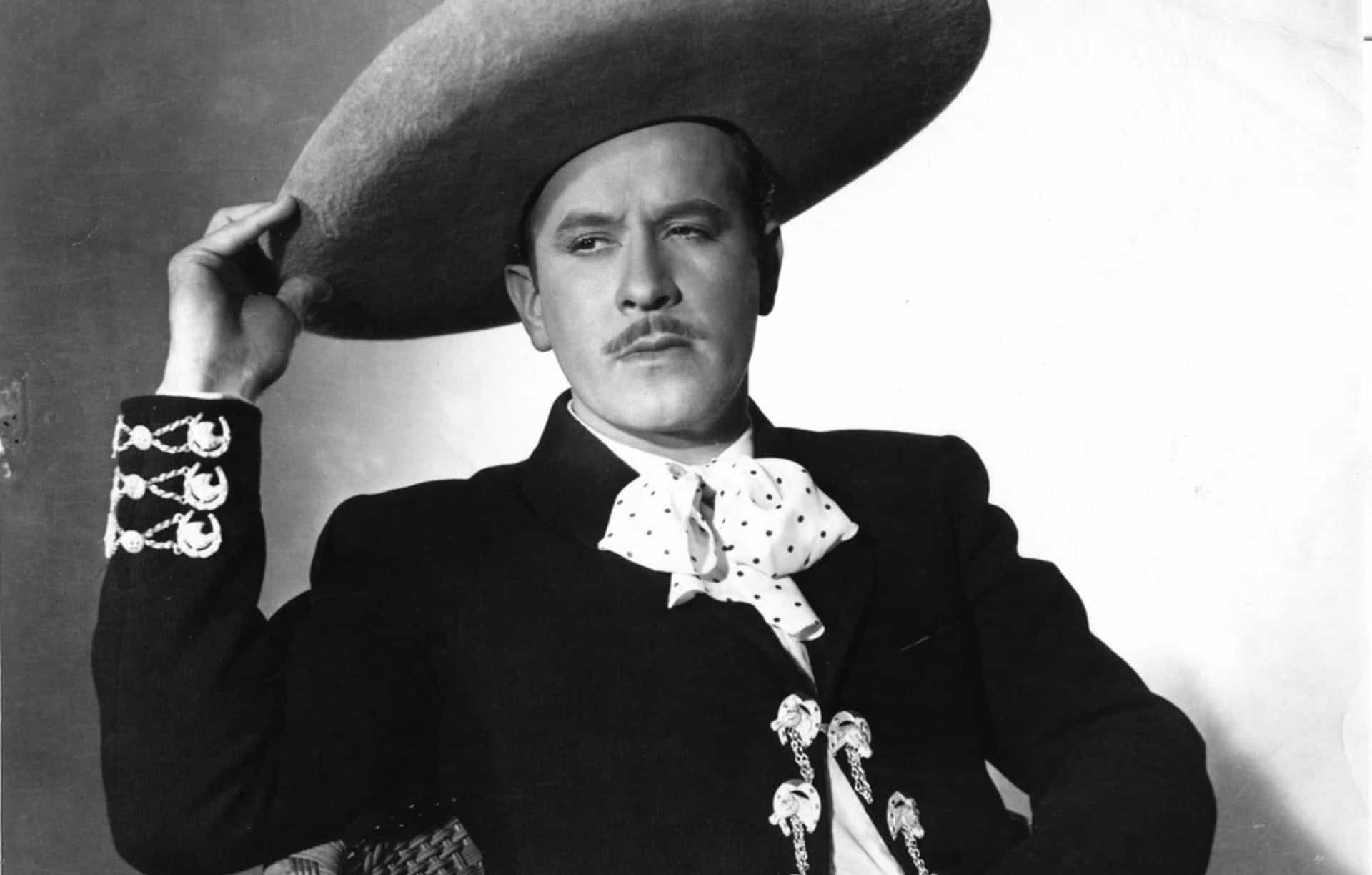Pedro Infante, the Stunning Life of "immortal " Mexican Idol
Discover the life and legacy of Pedro Infante, the iconic Mexican actor and singer. Born on November 18, 1917, Infante rose to fame as a legendary singer of ranchera songs and starred in more than 60 films, becoming a beloved figure of the Golden Age of Mexican cinema.





